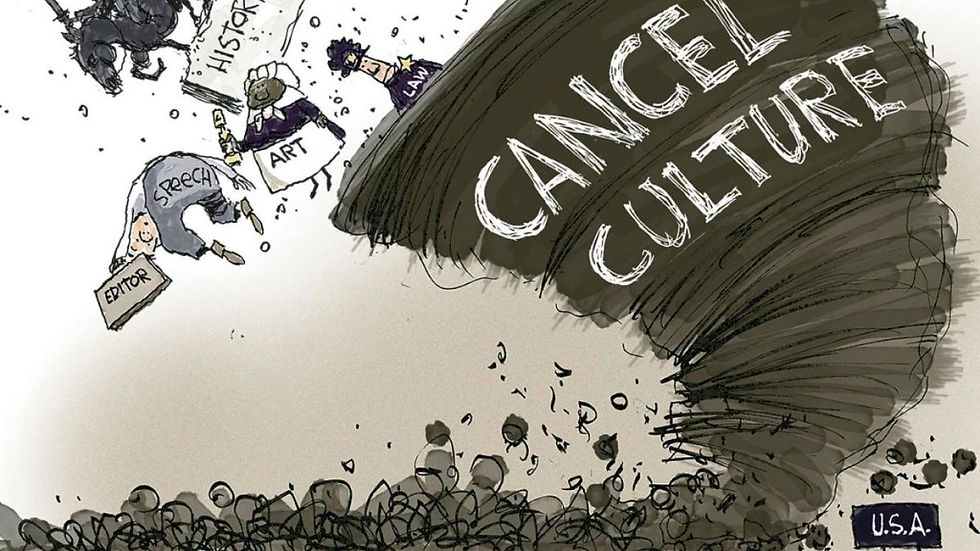Vengeance: Time to Reread Illiad
- Ron Baron
- Jan 20, 2021
- 1 min read

Hector, born to a king and queen, a prince, and Troy's greatest warrior, is the protagonist of one of history's greatest stories- Homer's Illiad. The story, a war story, starts with a plague.
The Illiad touches on many themes. The play between the gods and humans reflects the mythology of the day. Despite the many gods animating the mythical but vicious battle between the Achaeans and Troy, various human-like motives, virtues, and vices are masterfully explored, including humanity's capacity for vengeance.
Master historian Victor Davis Hanson sees a parallel between the parading of Hector's corpse behind a chariot and the political vengeance inciting modern America today.
Homer then brilliantly shows how Achilles' vindictive excess ensures sympathy even for the once-braggart Hector. Eventually, the adolescent Achilles relents, grows up, allows Hector to be buried, and accepts the tragic nature of a common humanity.
If Democrats and the Left had wished to reinvigorate the Trump legacy, they could have done no better than unleashing their unhinged and often repulsive hatred of the last two weeks.
The Washington Post's Eugene Robinson recently boasted, "There are millions of Americans, almost all white, almost all Republicans, who somehow need to be deprogrammed."
What method does Robinson advocate for the required mind-rinsing of these millions? The Chinese, Soviet, or North-Korean model?
Above image by Painter: Franz Matsch (died 1942) Franz Matsch





Comments